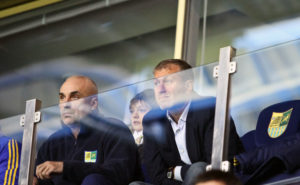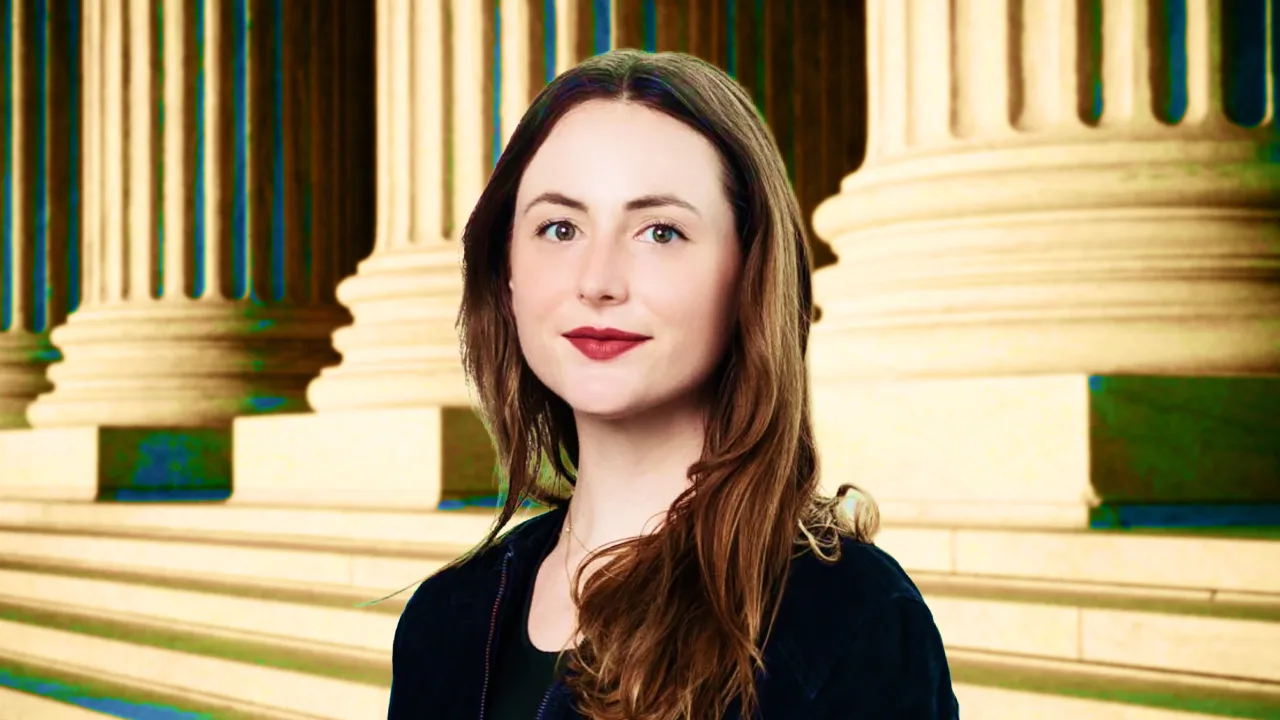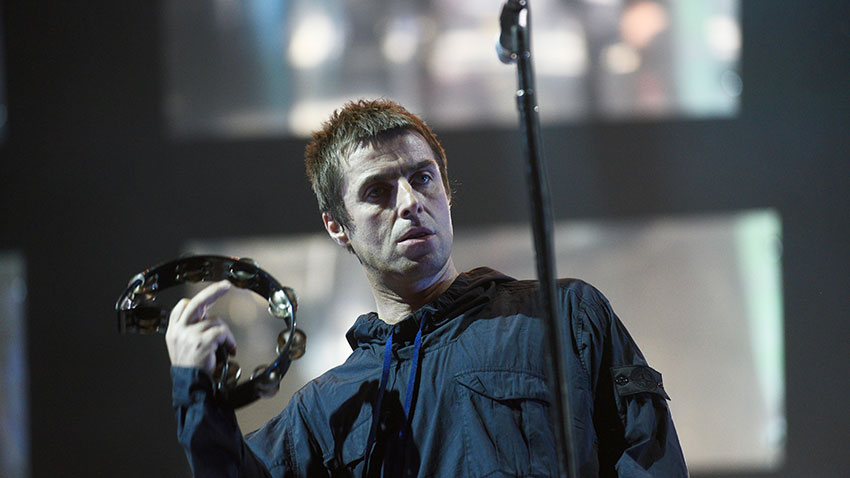Institute of Directors calls on Britons to quit Russian boards
A business lobby group has called on British directors to resign from the boards of Russian companies to show solidarity with the people of Ukraine. Read more: Institute of Directors calls on Britons to quit Russian boards


A business lobby group has called on British directors to resign from the boards of Russian companies to show solidarity with the people of Ukraine.
The Institute of Directors said the war in Ukraine meant it was “untenable” for British directors to remain on the boards of Russian companies, adding that any directors of Belarusian firms should also quit.
In a similar call, the IoD’s sister organisation, the European Confederation of Directors’ Associations, said all company bosses should go further and “reconsider their investment strategies as well as the operational processes in Russia and Belarus”.
It said companies could not adopt a business-as-usual approach “when the war in Ukraine violates international rules”.
Since Vladimir Putin ordered the invasion of Ukraine last week, western governments and businesses have suspended trade with Russia and imposed sanctions on Russian banks and several commercial businesses. Meanwhile, companies and their executive directors have come under intense pressure to review their relationships with Russian and Belarusian businesses.
The defence secretary, Ben Wallace, has urged the Conservative peer and former minister Greg Barker to quit his lucrative role on the board of the Russian aluminium firm EN+, whose owners include the oligarch Oleg Deripaska.
Barker, a climate change minister in David Cameron’s government, was paid $4m (£3m) last year as executive chair of the firm, and was credited by the chief executive, Vladimir Kiryukhin, with devising a plan to persuade US officials to lift sanctions levelled against the company and Deripaska in 2018.
Wallace said: “He should quit,” adding, “I think Lord Barker should explain why he works with people like Deripaska.”
Barker said: “Of course I completely understand and appreciate where people are coming from on this issue, but EN+ is a very international company with a big operation in Ukraine. Whatever the optics, the fact is I have a real responsibility for thousands of employees on the ground right now in Ukraine. I will not shirk that responsibility and walk away when there is fighting just miles from our plant there.”
EN+ was unavailable for comment.
Other prominent business people who sit on Russian boards are also likely to be singled out as the pressure to take a tough stance builds.
Xavier Rolet, the former chief executive of the London Stock Exchange, sits on the board of the Russian fertiliser firm PhosAgro as an independent director. The Frenchman, who was awarded the Order of Friendship of the Russian Federation in 2017, is among those expected to face calls to quit his role. Rolet was unavailable for comment.
Jonathan Geldart, the IoD’s director general, said: “The Institute of Directors expresses its solidarity with Ukraine and its people, who are facing intolerable suffering. Although directors owe legal duties to the companies on whose boards they serve, they should also feel a stronger moral duty to uphold the fundamental values of freedom and democracy.
“We believe that it is no longer tenable for British directors to be involved in governance roles in the Russian economy. Therefore, we hope that they will now question the viability of their mandates in Russian and Belarusian companies.”
In a poll of its members and wider community, 86% said all British people should now resign their Russian board mandates, he added.
The London Stock Exchange boss, David Schwimmer, said the exchange had suspended trading in 28 Russian company listings on Thursday, including the energy giants Rosneft and Gazprom as well as the country’s biggest lender, Sberbank.
The Russian billionaire Alexei Mordashov has resigned from the supervisory board of the world’s largest tourism operator, Tui, after he was personally hit by EU sanctions over his close links to the Putin administration.
Mordashov, Russia’s richest man and the largest shareholder in Severstal, one of Russia‘s biggest steelmakers, was blacklisted by the EU on Monday. Several directors of Severstal, including two British nationals, Philip Dayer and Alun Bowen, have since resigned, the company said.
Read more:
Institute of Directors calls on Britons to quit Russian boards






















